
Today blockchain is as popular as it has never been. More and more projects are implementing this technology at different levels, and the demand for blockchain developers is growing. This article will help you define the most important blockchain developer interview questions and find the ideal candidate for your decentralized network.
Blockchain Developer Vacancy Challenges
Blockchain is at the peak of popularity. Any newspaper article attracts additional attention if it mentions this technology or anything related to it: Bitcoin, digital currency, smart contracts, transactions security, data exchange, blockchain interview questions, etc. Consequently, more and more projects, companies, and organizations are implementing blockchain on different levels, and the demand for blockchain developers grows.
Finding a perfect candidate and defining the appropriate blockchain interview questions under such rough conditions may be a complex task. First of all, given the shortage of personnel in the market and the novelty of the industry, it is not worth reconsidering a lack of experience in this field as a disadvantage. A strong developer, especially with a proven technical base, will understand this technology in a relatively short time. Well-fitting middle-aged developers writing in Java, C / C ++, Go, Python, and Rust are ready to learn and apply their own knowledge in the digital currency field.

It is better to hire developers who are part of the fast-growing bitcoin blockchain community. Such specialists constantly participate in various conferences, meetups, and other events for the purpose of self-education. Today, the bitcoin community is actively developing new concepts of digital currency technology.
Another promising resource is talented graduates of leading technical universities. Special attention should be paid to the winners of international olympiads in mathematics and programming; a talent for solving non-standard problems greatly facilitates work with blockchain. A serious advantage will be the availability of knowledge in the field of applied cryptography.

In addition to professionalism and mathematical abilities, an innovative approach and ambition are important characteristics. There are no ready-made solutions for a number of tasks, and blockchain developers often have to make decisions on their own. Routine work and standard tasks are not features of this sphere, so a good test task for a future blockchain developer should contain a challenge – the requirement to go beyond the competencies of the candidate.
Note that excellent developers have a good reputation. So, before interviewing a candidate, be sure to talk with his or her former employers. Also, carefully study his or her portfolio from previous jobs to see if it is compatible with the design of your project. A good developer should know the basic trends in the development of systems based on blockchain technology, relevant protocols, basic programming languages, digital currency basics, tools, and software development methods that are widely used at the moment.
One of the most important factors to consider when hiring a blockchain developer is mutual psychological compatibility. Certainly, a quality contributor is important in all spheres of business, but it is in the sphere of blockchain that their absence has a particularly strong effect on the results achieved. There are various ways to achieve this goal, including hiring people with a common background (i.e., from one university or community). Competent and careful team-building takes into account the personal characteristics of the candidate as well as their psychological makeup.
Incentives for Blockchain Developers
So far, demand in the market for vacancies in the field of blockchain significantly exceeds supply. Candidates have the opportunity to choose, and their motivation is not limited to high wages. One of the most powerful motivating factors is intellectual and professional growth – active participation in the development of an industry, and solving interesting and complex issues. The intellectual specifics of this business also determine the nature of incentives: options, the possibility of continuous improvement of professional skills, participation in conferences and other events at the global level, and support for the initiative.
For many developers, a strong argument when choosing a company becomes the opportunity to work remotely, but if you organize a comfortable workspace, blockchain developers will be interested in working from the office. Pleasant bonuses, such as a gym, free meals, and assistance with various issues – in general, a high basic level of comfort that allows the team to focus on its immediate tasks – can encourage a candidate to accept a work proposition.
And, of course, a winning option for attracting and retaining valuable personnel is attention to personal goals. For talented people (after all, you want to find them), it is especially important that they will be accepted as they are. Providing an individualized approach to each, you will find loyal employees who are ready to work with your team for many years. The latter will be especially valuable. Blockchain fever continues, which means that the demand for good specialists is unlikely to fall in the next few years.
Hiring a Blockchain Developer
Today, many organizations and companies (financial institutions and startups) are exploring the possibility of introducing blockchain technology into their business processes. Therefore, knowing how to identify a truly professional and experienced specialist to develop a new system is critical to the success of the project.
A good developer should know basic trends in the underlying technology, relevant protocols, basic programming languages, tools, and software development methods that are widely used at the moment. The perfect candidate should have at least 3+ years of development experience with C/C ++/Go/Rust/Java/Python/Ruby/C#/Solidity, etc.
This list is infinite, so to find good specialists, you may need to determine first the qualities and knowledge you need him or her to possess and then define what blockchain interview questions you may need to ask.
Below, we will list the most important blockchain developer interview questions, cryptocurrency interview questions, and bitcoin interview questions that need to be asked in the process of finding a developer for your decentralized network.
Blockchain Interview Questions
What is blockchain, and why is it innovative?
Blockchain is an absolutely new, decentralized, safe, and transparent solution that allows the storage and exchange of information, determination of its authenticity, and a low price. In this technology, everything is done by the user, so the transaction does not require the participation of a third trustee. It is the absence of an intermediary that is the main innovation and originality of the distributed ledger. The most famous application of blockchain technology is digital currency: crypto assets or digital money like Bitcoin, Ethereum, Ripple, etc. This technology can also be used in many other areas.
How does blockchain provide security and transparency of transactions?
Without a doubt, blockchain interview questions should contain questions about transactions security and how it is achieved.
Technically, this is achieved by sequentially encrypting data about each forthcoming transaction. Any transaction entered into a block is assigned a cryptographic identifier (hash) that is added to the header of the record for the next transaction, and this is repeated permanently so that the transaction hash on the vertex of the chain contains encrypted data about all previous operations written in the block. It’s not possible to change an already-recorded transaction, as this will compromise the entire chain.
 What types of blockchain do you know?
What types of blockchain do you know?
There are public (open to all users), private (with restricted access), and hybrid (the combination of two previous types) blockchains.
Private blockchain is a chain of blocks that can be created by a limited circle of persons who have confirmed rights for it. The rights may belong to one or more persons (or one or several organizations). Creation of new blocks in such a system is controlled by one or several nodes.
On the contrary, in the public blockchain, a chain of blocks can be created by any user (as in the mining of Bitcoins). It is open for all, and no one controls it.
Hybrid blockchain is a combination of two previous types. It may be implemented and used for a more secure interaction between users, for combating hacker attacks, and for protection from intrusion into privacy and external attacks.
What consensus algorithms do you know?
This is an important part of the blockchain interview questions. Consensus is a mathematical algorithm used to guarantee that all nodes agree about the true and real state of the blockchain network, and to avoid any risk of digital currency double-spending. To provide protection, there are a number of consensus algorithms:
- Proof of Work: Users have to perform a hash algorithm several times or calculate a mathematical puzzle according to a certain algorithm to confirm electronic transactions. In the Bitcoin network, Bitcoins are put into circulation by paying compensation to miners who successfully created new blocks.
- Proof of Burn: Based on the principle of “burning” or “destroying” the coins owned by the miners who give them mining rights.
- Proof of Stake: The user must have some amount of cryptocurrency if he or she wants to claim the confirmation of additional blocks in the middle, and get paid for it.
- Proof of Possession (Proof of Hold): The more money the user has, the more rights he or she has to carry out the audit.
- Proof of Use: The more the user is exchanging currency, the more rights he or she has to carry out an audit.
- Proof of Importance: Users who have the highest confirmation of rates in the cryptocurrency will be rewarded.
- Delegated Proof of Stake (DPoS): Consensus uses a reputation system recruited through voting to select a limited group of people who are trusted. Only such people have the right to record blocks and do it in a random order. All owners of tokens can vote, and votes are weighed by the number of coins that the voter owns.

How does the blockchain work?
To create and work on the blockchain, one needs a registry (a row of blocks, for example, Bitcoin), encryption with keys to protect the transaction, a consensus algorithm for verifying transactions, and a peer-to-peer network to make everything work. Add participants, and you will have all the necessary elements.
Preparing the blockchain developer interview questions, don’t forget about various tasks. To see the technical skills of the candidate, you can ask him or her to create, for instance, a simple blockchain model.

What is the Merkle Tree?
The Merkle Tree (hash-tree) is a special data structure that contains summary information about a larger amount of data and is used to verify the integrity of data. Here is what a Merkle Tree looks like:

How many blocks can blockchain have as parent blocks?
Only one block, due to the blockchain structure.
How are blocks connected in the blockchain?
Backwards to the prior block.
What is cryptography? What is its main goal?
Cryptography is a set of methods to ensure the confidentiality of information and preservation of its authenticity. It is the science of data encryption. The main task of cryptography is to protect data from changes and unauthorized access during storage and to transfer from a sender to a recipient.
In order for the blockchain system to work, it must be updated all the time – adding records about new transactions on the network. It is during the process of adding new information to the system that it becomes the most vulnerable to attacks. Thanks to a strict hierarchy in the block of chains, the authenticity of all records and their protection against unauthorized changes are guaranteed.
Using a hash function ensures that the existing transaction chain remains unchanged. A new block refers to the hash of the previous one.

What is the trapdoor function?
The trapdoor function is a function that is easy to calculate in one direction, but hard to calculate in reverse. Trapdoor functions with secret input are widely used in asymmetric encryption methods (public key encryption) such as RSA.
What is RSA?
RSA is a cryptographic algorithm with a public key, based on the computational complexity of the factorization problem for large integers. The RSA cryptosystem became the first system suitable for both encryption and digital signatures.
What is SHA-256?
SHA-2 (Secure Hash Algorithm Version) is a collective name for unidirectional hash functions SHA-224, SHA-256, SHA-384, and SHA-512. Hash algorithms are developed to build “prints” or “digests,” messages of arbitrary bit length. They are utilized in different apps or components related to data security.

Of course, your best candidate should have some working experience with programming languages besides Java. Bitcoin, for instance, was created with C++. Here is what a block looks like in C++:

And here is what calculating a SHA-256 hash looks like in Go:

Here is an example of checking for correct blockchain performance:

Bitcoin Interview Questions
What is Bitcoin?
Bitcoin is a free and open technology that operates in a peer-to-peer network without central authority (without a financial institution). This technology allows you to exchange tokens, recording each transaction (with automatic fixation of date and time) in a distributed ledger in which any changes are impossible.
Transaction management and Bitcoin token creation are supported collectively by the network, and the design of this control is open; no one owns or manages a chain of Bitcoin blocks, and everyone can join it. Due to several unique properties, the system allows various promising uses that cannot be covered by modern payment systems.
What are the main reasons to use the Bitcoin blockchain?
During the bitcoin interview questions, don’t forget to ask the candidate about its main benefits. Here are a few reasons why people use the Bitcoin network:
- the main benefit of using Bitcoin is a simple and fast way to carry out payments all over the world;
- the cost of an ordinary bank transfer is higher than a transaction in the Bitcoin network;
- hackers can steal your payment information from the operator of an ordinary payment system, but theft of Bitcoin’s payment addresses is absolutely useless, as the transaction becomes valid only if it is signed by a private key, which does not need to be transmitted somewhere in order to do a payment.

How does the Bitcoin blockchain work?
Bitcoin interview questions should also include interview questions concerning its functioning.
The process of its formation and functioning is divided into four stages:
- Two participants agree on the terms of a transaction (transfer of money, assets, financial documents, etc.)
- The registry is “scanned” by members of the network. By analyzing its chronology, members of the network make sure that the seller does have the assets that he or she sells.
- If the seller’s data is valid, the transaction is confirmed and added to the last block of the chain.
- The registry is distributed among all network members. Its prevalence ensures its security. To falsify the transaction, it would be necessary to change the logs of all members (nodes) of the network.
Who are the participants of the Bitcoin system?
Preparing the bitcoin interview questions, include some interview questions about its participants.
The participants of the Bitcoin system are:
- users – owners of an electronic wallet that can store cryptocurrency and transmit it within the system to other users;
- miners – participants processing remunerative transactions made by users on the network and picking a hash for formed blocks;
- servers – participants who distribute the general book of the blockchain and perform operations to check the blocks sent for compliance with the rules for complexity and admissibility.
Cryptocurrency Interview Questions
What is cryptocurrency?
Cryptocurrencies are a special kind of electronic money, the functioning of which is based on the decentralized mechanism of emission and circulation. It is a complex system of information and technological procedures built on cryptographic methods of protection, regulating the identification of owners and fixing the fact of their change.
The issue and accounting of cryptocurrency is based on asymmetric encryption and the use of various cryptographic methods of protection.
What is Ethereum?
All blockchain developers must be familiar with Ethereum, so be sure to include it to your cryptocurrency interview questions. Ethereum is a decentralized platform built for a smart-contract execution. Smart contracts are programmable applications that work without the possibility of censorship, fraud, or third-party interference. These applications run on user blockchains in a distributed global infrastructure.

Contracts created in Ethereum are based on a protocol related to information technology and allow verification or enforcement of a bilateral treaty. These contracts are unfoldable and available for public discussion inside the blockchain.
Ethereum is one of the most popular platforms for building blockchain applications.
What language is used for smart-contract creation?
In Ethereum, every smart contract enters the blockchain using a special Solidity language. Solidity is a complex programming language whose syntax resembles JavaScript. It was developed to assemble the code for Ethereum virtual machines. Being a complete Turing language, Solidity allows the writing of both simple and rather complex programs.
What is a fork?
Forks refer to the fact that different users have to utilize general regulatory principles to support blockchain record history.
What is a hard fork/soft fork? Do you know any vulnerability cases regarding hard/soft forks?
In blockchain technology, a hard fork is a complete transformation of protocol, as a result of which formerly invalid blocks/transactions become valid (or vice-versa). For instance, in June 2016, a hacker broke the code of the DAO smart contract due to a recursive calling vulnerability. To solve the problem, in July 2016, Ethereum resorted to a hard fork – editing the code of the blockchain in order to restore the stolen assets of the DAO project and transfer it to the owners.
Unlike a hard fork, a soft fork is a modification of the rules that creates blocks identified as a valid old software.
What is a 51% attack?
An 51% attack possibility occurs when an individual or a group of people controls more than half of the processing power given for mining. He or she(they) can reject or approve transactions, and also perform double expenses. Indeed, the nodes of the network (the Bitcoin blockchain, for instance) recognize as legal the longest chain that will be written by a group of miners with the largest processing power.
If such an attack took place, it is likely that the network would quickly recognize this fact.
A Final Word
Finding an experienced blockchain developer is not an easy task, as the digital currency technology itself is fresh and complicated. Blockchain interview questions should raise a huge number of extremely important issues. And this is not taking into account the wide discussion of its potential use cases or benefits, such as refusal from the third parties, protection of transactions, sharing resources, economies of scale, transaction guarantees, automatic execution of contracts, and decentralization of the process.

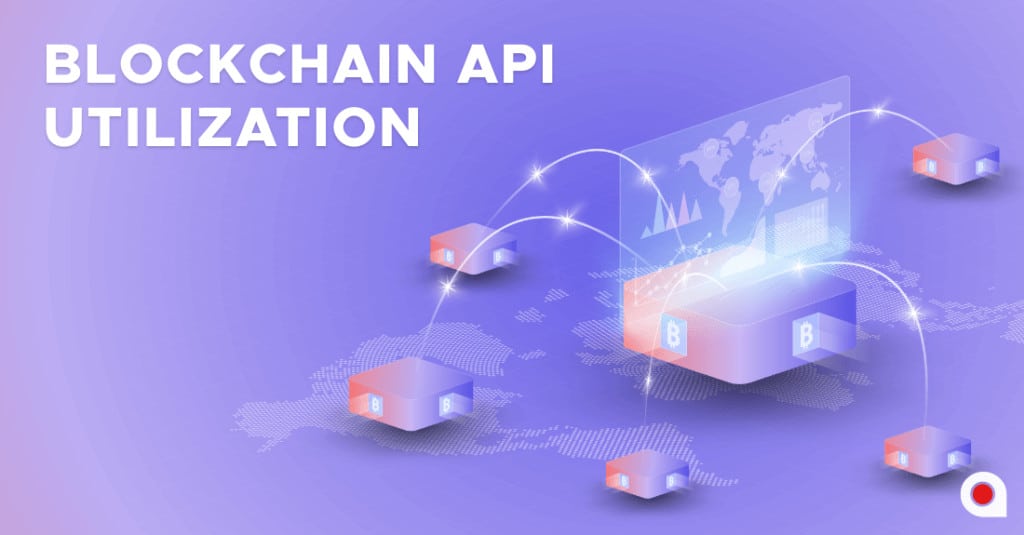 Blockchain API Utilization
Blockchain API Utilization
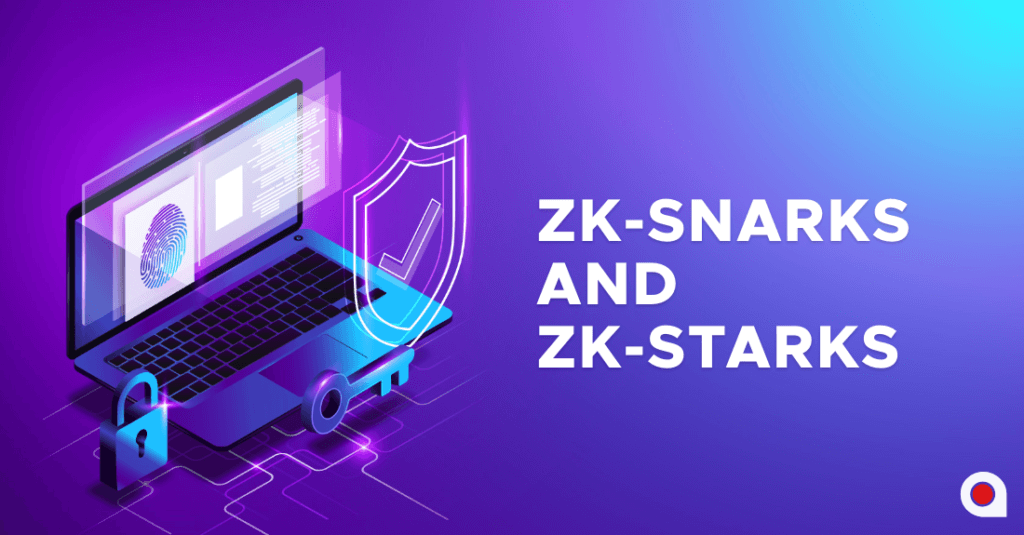 zk-SNARKS and zk-STARKS: Zero-knowledge Proofs Description and How Do zk-SNARKS Work
zk-SNARKS and zk-STARKS: Zero-knowledge Proofs Description and How Do zk-SNARKS Work
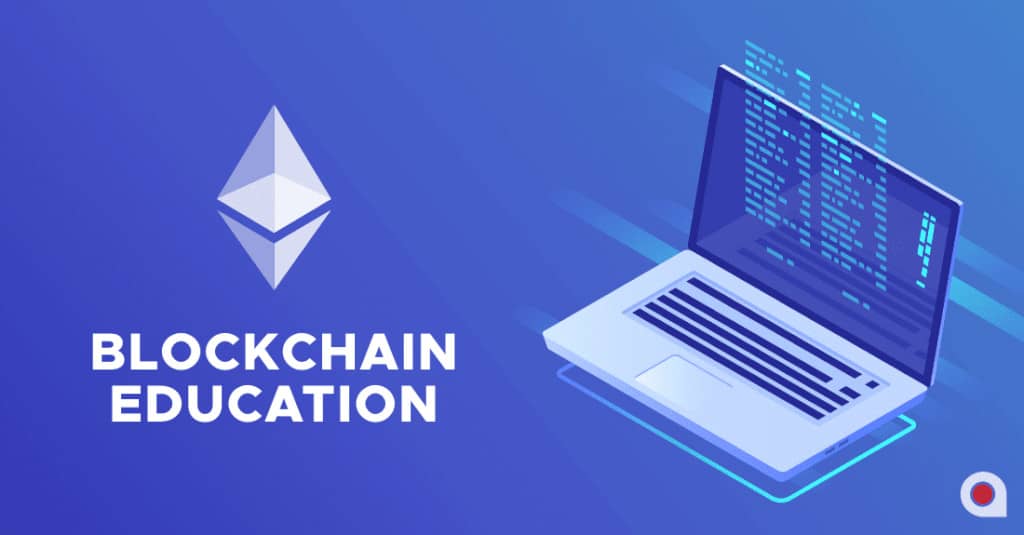 Blockchain Education: a Should-Have or a Must-Have?
Blockchain Education: a Should-Have or a Must-Have?
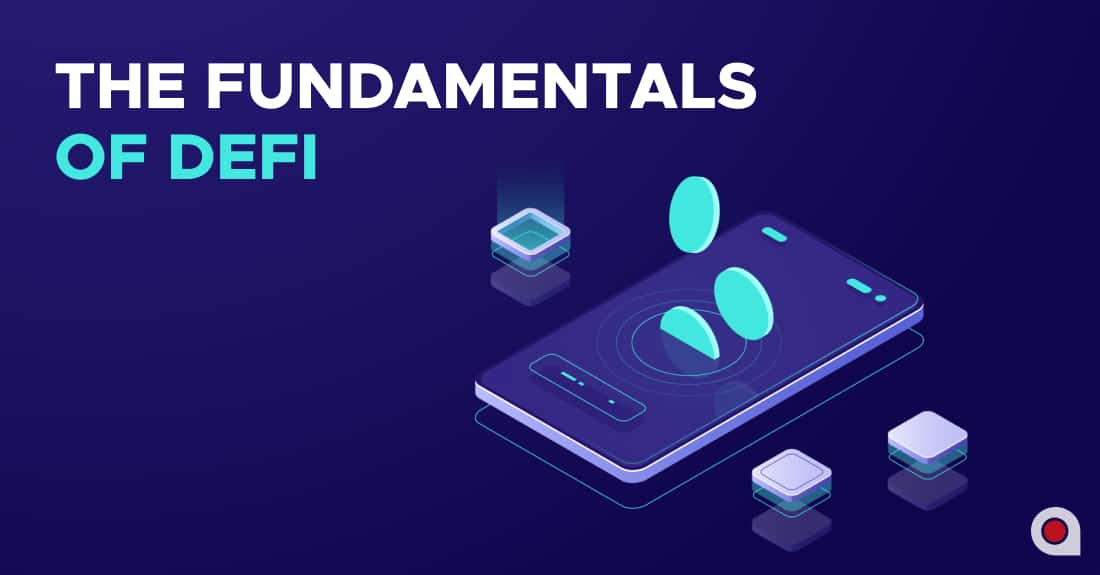 The Fundamentals of DeFi
The Fundamentals of DeFi
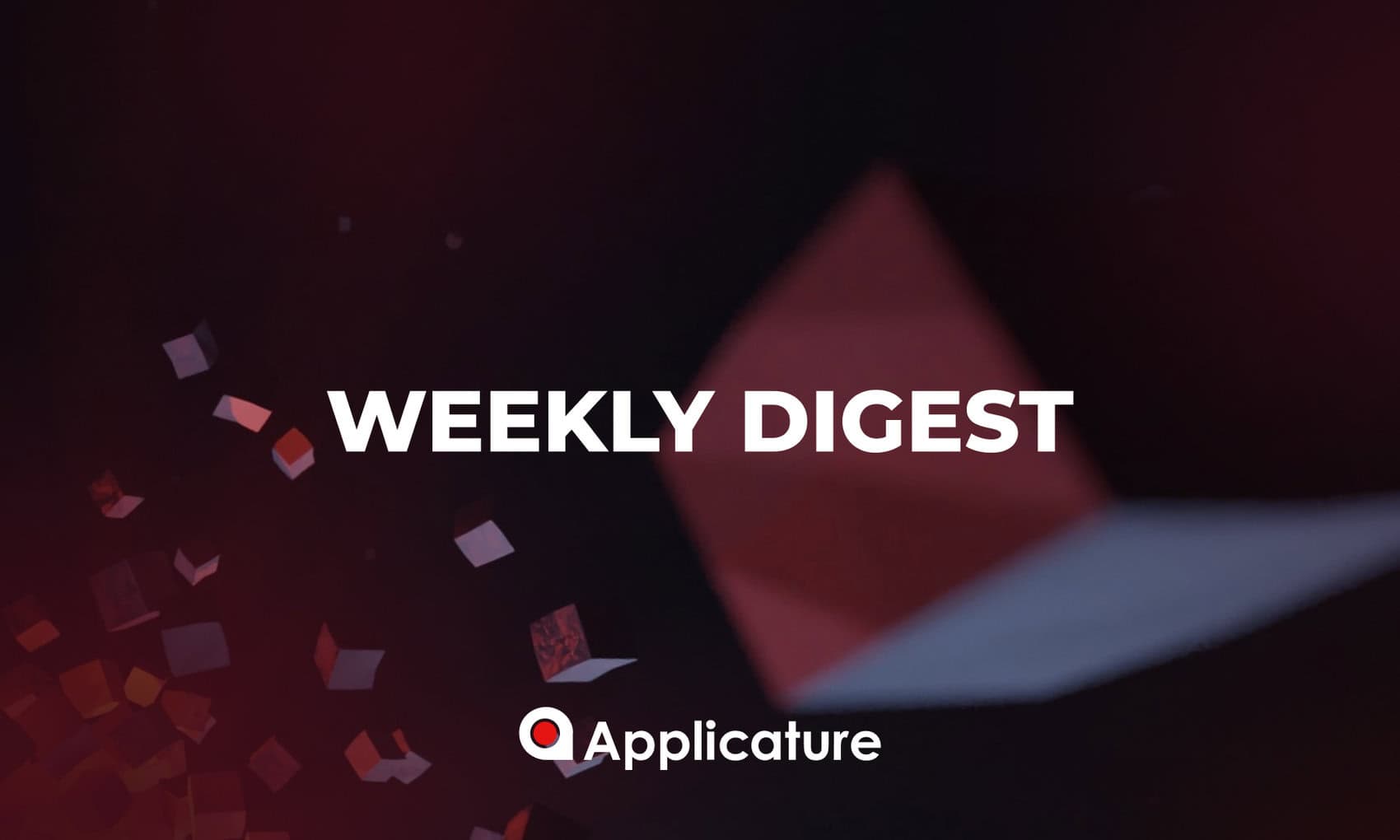
Very interesting